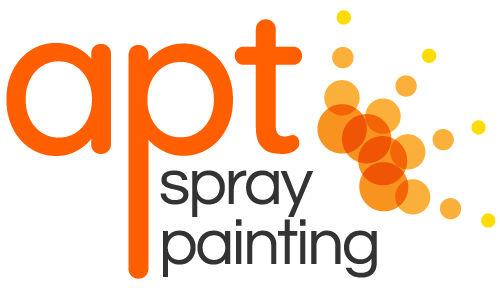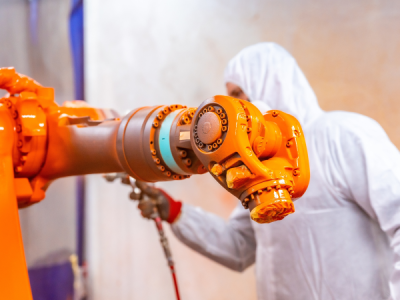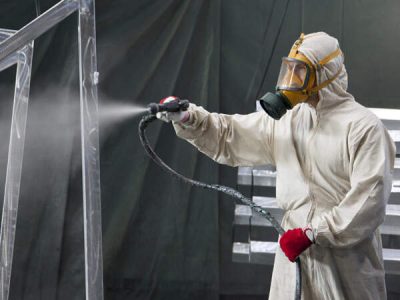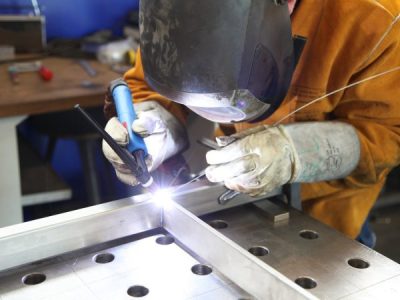
Keeping your earthmoving machinery in top shape is key to getting the job done efficiently and safely. Without regular maintenance, you’re looking at breakdowns, costly repairs, and even putting operators at risk. Imagine hydraulic systems failing mid-job or tyres wearing out unexpectedly—that’s downtime you can’t afford. The good news is that with a few simple maintenance routines, you can avoid these headaches, keep your machinery running smoothly, and extend its life. In the next sections, we’ll walk you through easy steps for maintaining earthmoving machinery.
Daily Inspections: Keeping Your Machinery Ready
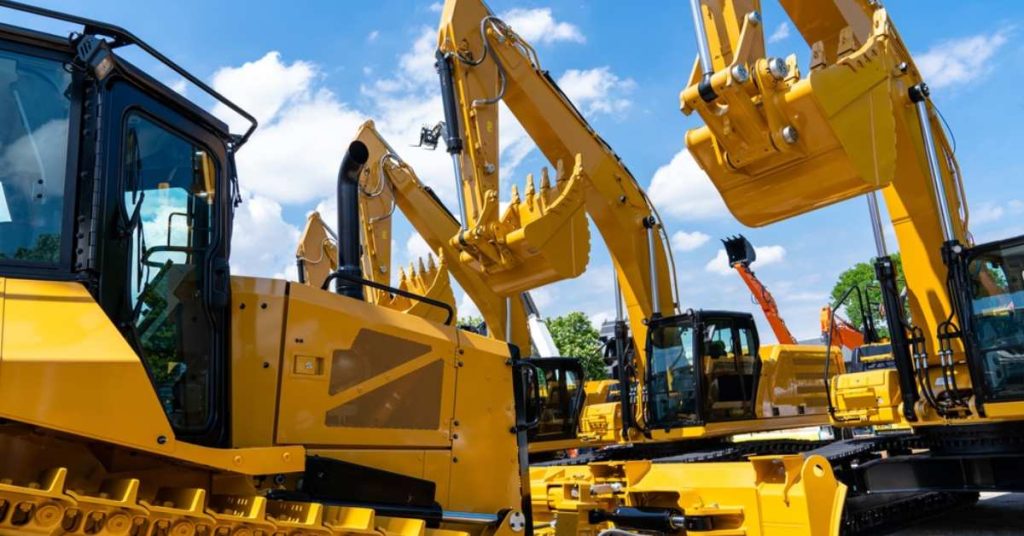
A quick daily inspection can save you from costly breakdowns. Follow this sequence to ensure your machinery is ready for work:
- Fluid Levels: Check engine oil, hydraulic fluids, and coolant to prevent overheating or system failure.
- Tyres or Tracks: Inspect tyre pressure or track tension to ensure stability and traction.
- Brakes and Controls: Test brakes, steering, and controls for smooth operation.
- Lights and Signals: Verify that lights, indicators, and signals are functioning properly for safety.
- Leaks or Damage: Look for any leaks, cracks, or visible damage to catch issues early.
Cleaning: The First Step to Effective Maintenance
Regular cleaning is essential when it comes to maintaining earthmoving machinery and preventing unnecessary wear and tear. Dirt, mud, and debris can build up in critical areas, causing issues over time. Focus on cleaning these key components:
- Tracks and tyres: Remove debris using a pressure washer to maintain traction and prevent damage.
- Buckets and Blades: Clear out dirt and mud to avoid rust and keep them sharp. Use a stiff brush for hard-to-reach spots.
- Radiators: Clean with low-pressure air or water to ensure proper airflow and prevent overheating.
Using appropriate tools, like pressure washers and stiff brushes, helps keep your equipment running smoothly while preventing buildup in hard-to-reach areas. Cleaning is often overlooked when it comes to maintaining earthmoving machinery, but it can be an imperative step.
Protective Paint: Shielding Against Wear, Rust, and Dirt
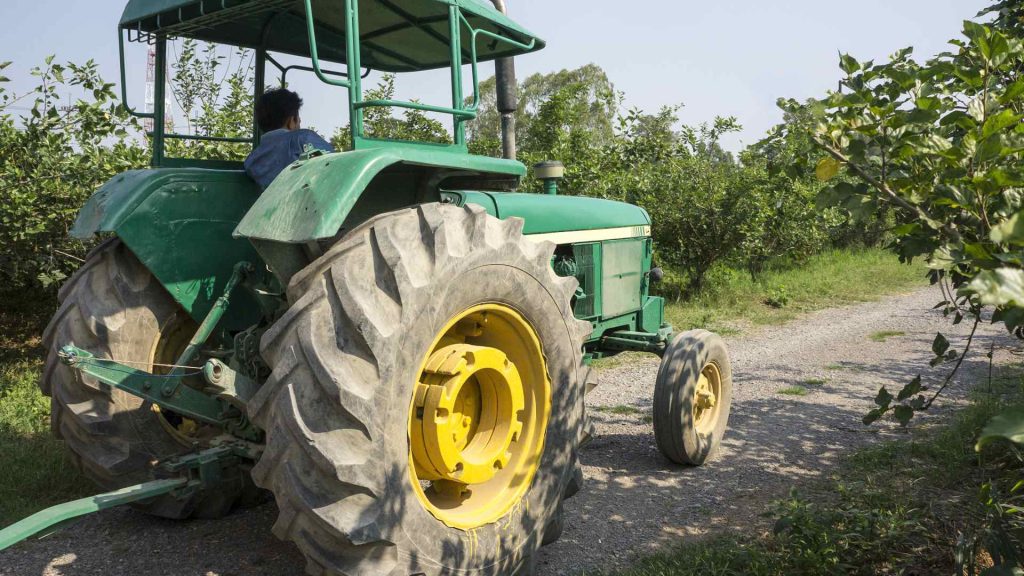
Applying the right protective paint can make a big difference in the longevity and maintenance of your earthmoving machinery. A good coating not only protects against rust and wear but also makes cleaning easier. Here are the key components that benefit from protective coatings:
- Buckets and Blades: Paint helps prevent rust and wear from constant exposure to dirt and moisture.
- Chassis and Frames: A durable coating adds an extra layer of protection against harsh conditions and corrosion.
- Hydraulic Arms and Cylinders: Proper paint reduces the risk of rust and keeps components moving smoothly.
APT Spraypainting offers expert solutions by selecting the ideal finish and coating for each component, from heavy-duty epoxy primers to long-lasting polyurethane topcoats, ensuring maximum protection and easier future maintenance.
Lubrication: The Lifeblood of Your Equipment
Proper lubrication is vital for reducing friction between moving parts, preventing wear and tear, and keeping your earthmoving machinery running smoothly. Failing to lubricate regularly can lead to parts seizing up or wearing out faster, resulting in costly repairs. Focus on these areas:
- Pivot Points and Bearings: These should be lubricated regularly to ensure smooth movement.
- Hydraulic Components: Lubricate hoses and connectors to prevent leaks and maintain system efficiency.
- Tracks or Tires: Ensure components like rollers and axles are well-lubricated for optimal performance.
Always use manufacturer-recommended lubricants, as they are specially formulated for your equipment, ensuring long-lasting protection.
Managing Hydraulic Systems
Hydraulic systems are the powerhouse behind your earthmoving machinery, so keeping them in top shape is essential. Regularly checking fluid levels and inspecting for leaks or damaged hoses can prevent costly failures. Here’s what to focus on:
- Hydraulic Fluids: Ensure fluid levels are topped up to maintain proper system pressure.
- Hoses and Fittings: Look for signs of wear, cracks, or leaks, and replace damaged parts immediately.
- Hydraulic Filters: Change hydraulic filters regularly to prevent contamination from clogging the system.
Engine Care: Fuel and Air Filter Maintenance
Keeping your engine in peak condition starts with proper care of its fuel and air filters. These filters are critical for maintaining performance and preventing engine damage. Here’s what to focus on:
- Fuel Filters: Inspect and replace regularly to avoid fuel contamination, which can lead to poor engine performance or breakdowns.
- Air Filters: Ensure air filters are clean and free of debris to maintain efficient airflow and prevent dust from damaging internal engine components.
Tire and Track Maintenance
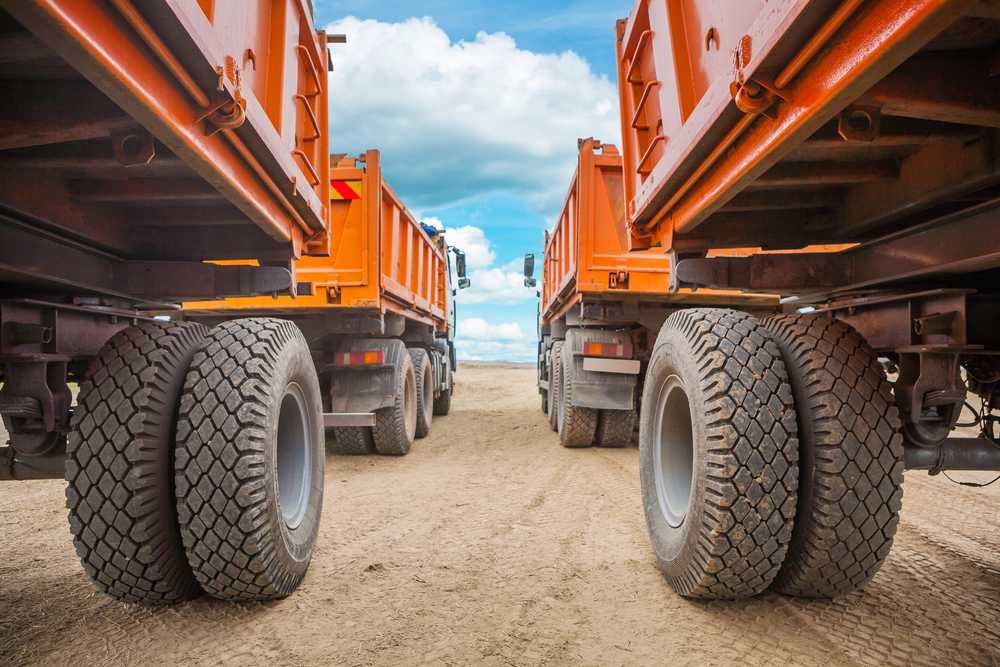
Tires and tracks are essential for ensuring stability and traction on the job site, so keeping them in good condition is a top priority. Here’s what to focus on:
- Tyre Pressure: Regularly check tyre pressure to ensure even wear and maintain traction. Underinflated tires can lead to uneven wear and decreased stability.
- Tracks: Inspect for proper tension and look for signs of wear or damage. Tracks that are too loose or too tight can cause premature wear on components.
- Lugs and Treads: Make sure lugs and treads are intact for optimal grip on various surfaces.
Electrical System Checks
Your machinery’s electrical system plays a crucial role in keeping everything running smoothly, from lights to controls. Regular inspections can prevent electrical failures and costly repairs. Here’s what to check:
- Battery Terminals: Clean terminals regularly to prevent corrosion, which can cause starting issues.
- Wiring and Connections: Inspect all wiring for damage, wear, or loose connections.
- Lights and Signals: Ensure that all lights, signals, and indicators are working properly for safety on the job site.
Keeping Cabins Clean and Functional
A clean and well-maintained cabin is key for operator comfort and safety, ensuring a productive workday. Here’s how to keep it in top condition:
- Air Filters: Regularly clean or replace air conditioning filters to maintain air quality and prevent dust buildup.
- Controls and Gauges: Ensure that all controls, switches, and gauges are clean and functioning properly.
- Seats and Interior: Wipe down surfaces and keep the seating area free of dirt and debris for operator comfort.
Scheduled Servicing
When it comes to maintaining earthmoving machinery, sticking to a regular service schedule is critical for keeping your earthmoving machinery in peak condition and avoiding unexpected breakdowns. Follow the manufacturer’s guidelines for maintenance intervals, which typically include inspections, part replacements, and system tune-ups.
- Service Logs: Maintain a detailed service log to track when components were last serviced or replaced.
- Replace Parts on Time: Don’t wait for parts to fail—replace them as per the service schedule to prevent larger issues.
Training and Operator Best Practices
Well-trained earthmoving equipment operators are essential for the proper use and maintenance of earthmoving machinery. By ensuring operators know best practices, you can prevent unnecessary wear and costly mistakes. Key practices include:
- Proper Operation: Make sure operators are trained on how to handle equipment smoothly to avoid overloading or straining machinery.
- Maintenance Knowledge: Encourage operators to conduct daily inspections and report any issues immediately.
- Referring to Manuals: Ensure operators understand the manufacturer’s manual for specific maintenance and operation guidelines.
Keep Your Earthmoving Machinery in Top Condition for the Long Haul
Maintaining your earthmoving equipment is crucial, but proper protective coatings can make all the difference for long-term performance. High-quality paint not only shields your machinery from rust and wear but also makes future cleaning and upkeep easier. For expert advice and professional spray painting services, contact us today. Their specialized coatings ensure your equipment stays protected, efficient, and ready for the toughest jobs—saving you time and money in the long run.
